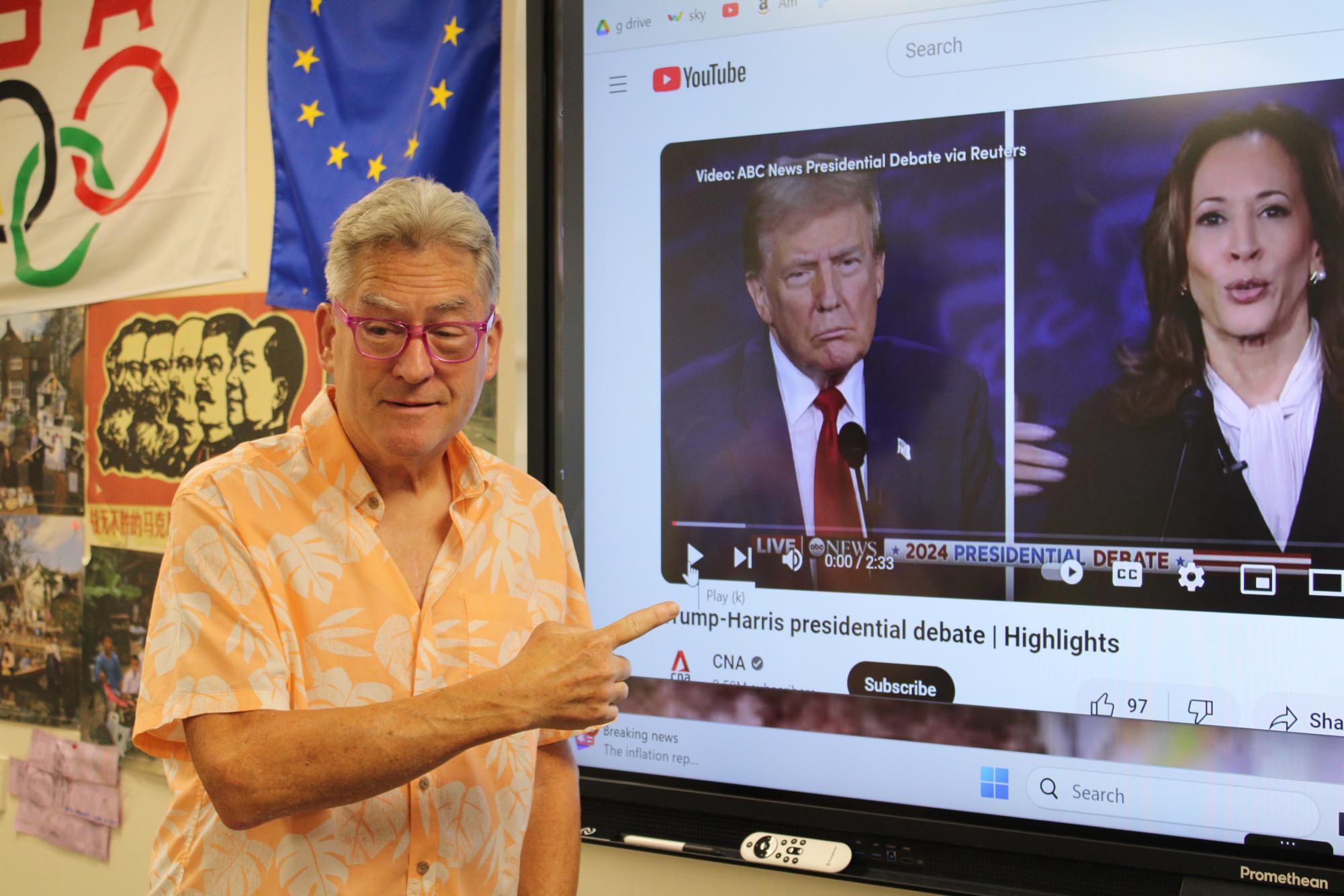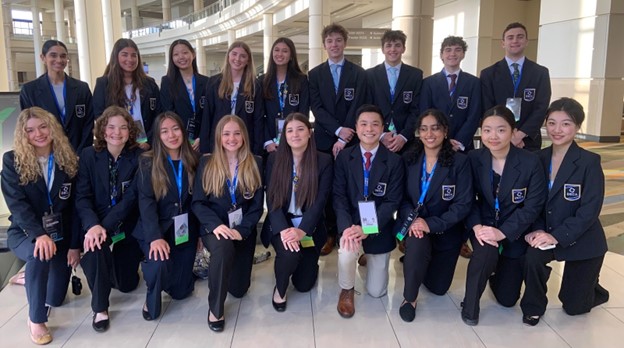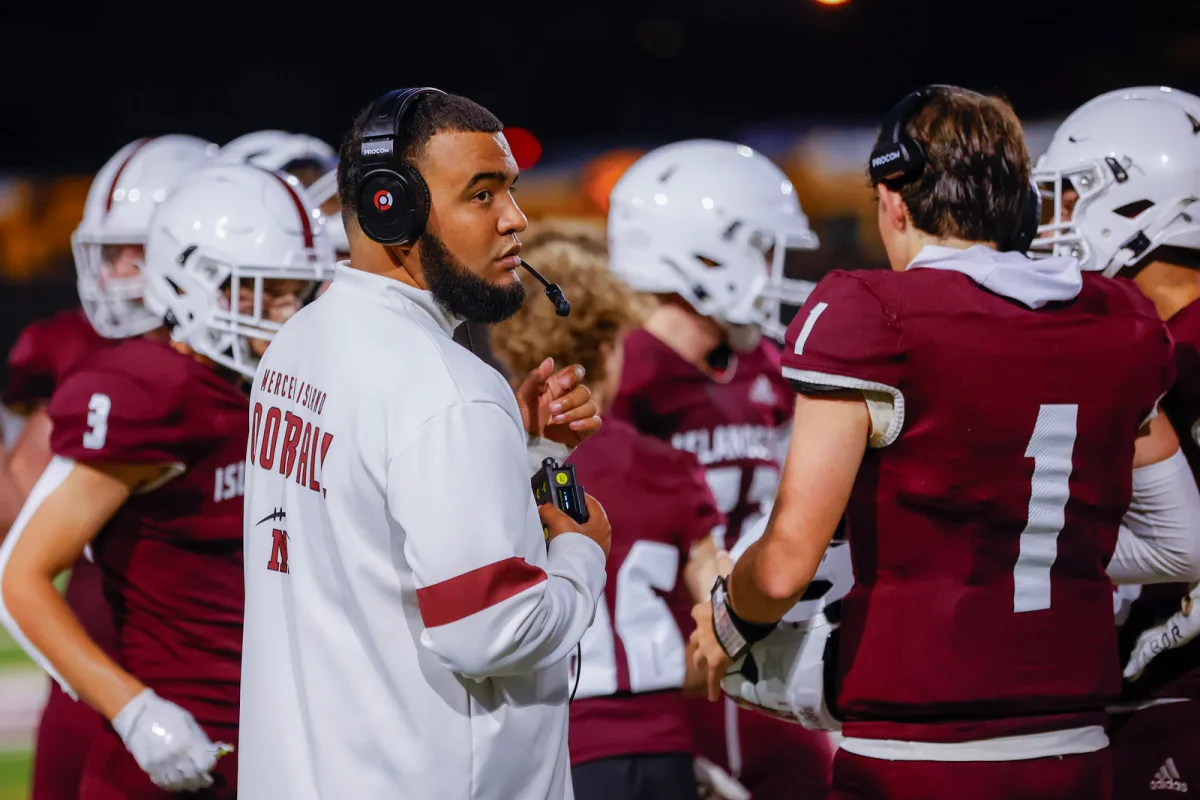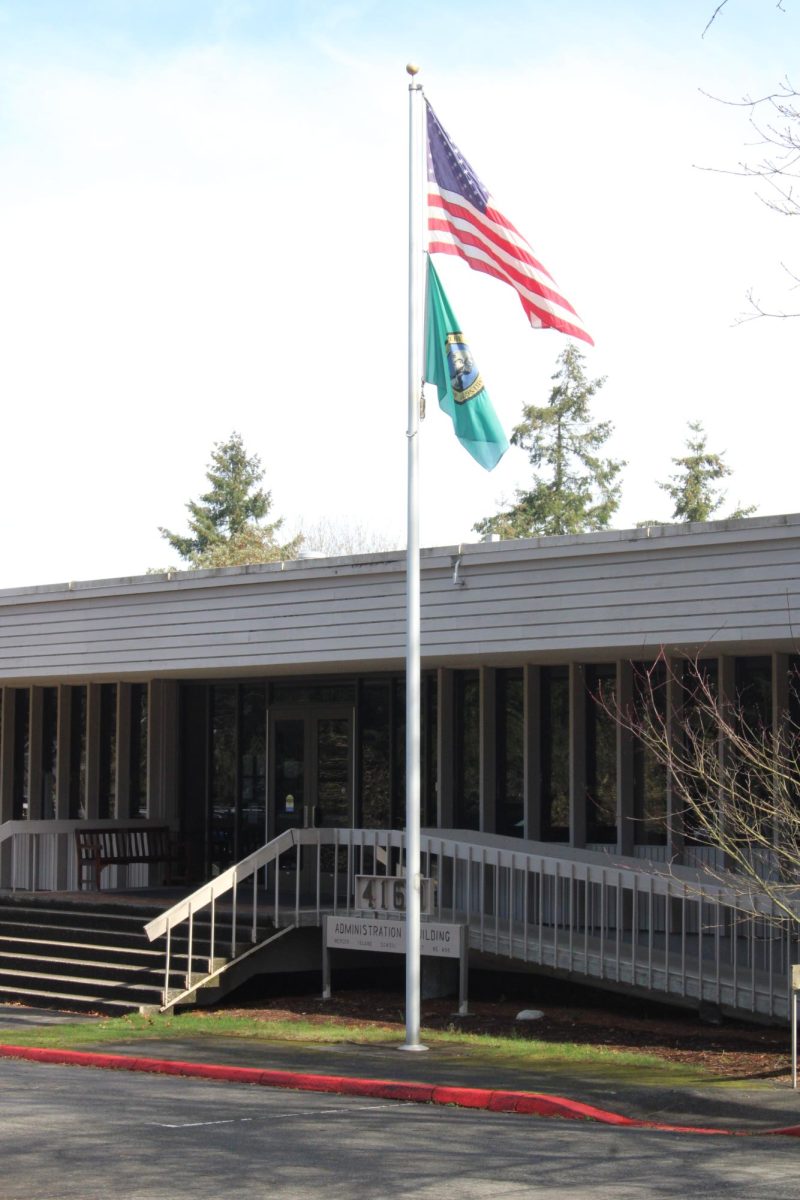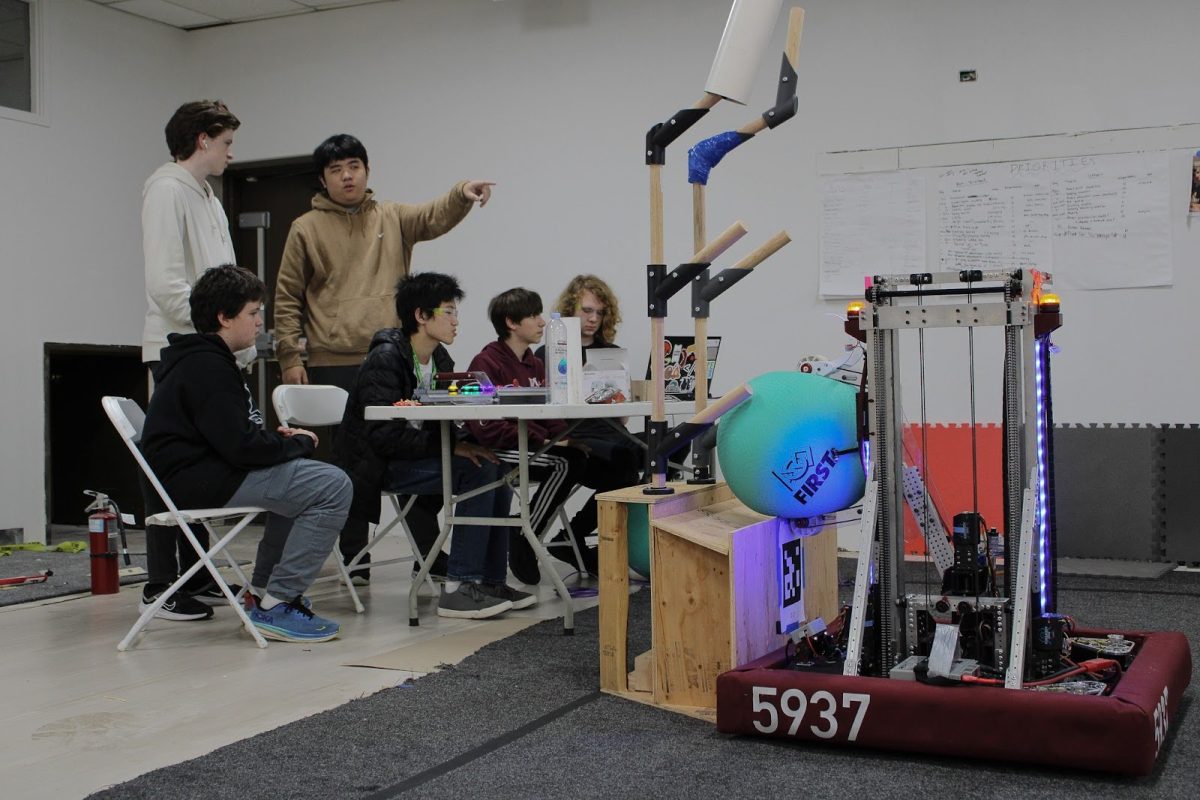Senior history teachers are required by Washington law to include civics in their curriculum. This election season, many MIHS educators are discussing the current federal and local elections in their classes to complement the historical material.
AP Comparative Government and Politics (AP Comp Gov) teachers Lance Kinsey and Dino Annest consistently integrate news into their classes, but they are shaping their curricula to further integrate current events this fall.
“It’ll definitely increase with the election season,” Annest said. “One of my biggest goals for this class, for seniors every year, is to have them get out of here and realize there is life outside of Disneyland.”
AP Comp Gov primarily explores six core global governments, which do not include the United States. However, the election heavily influences these countries.
“Whichever president the United States picks, it is not like we are in a vacuum,” Kinsey said. “I want to talk about how this will affect China. What is Xi Jinping going to be doing about this? Or what [about] Vladmir Putin?”
Similarly, history teacher Jamie Roberston’s Civics class centers around the American election system and he plans to share contemporary information, as he did for the last presidential election.
“In 2020, I think it was a great teaching point, because you really got to see the Electoral College in action,” Robertson said. “I want students to understand federalism and that when they vote, they are not just voting for Kamala Harris or Donald Trump, but they are actually voting for a host of people who arguably have a far bigger impact on their day-to-day life.”
Sophomore and junior history teacher David Willecke argues that students are afraid to speak their minds because of the increase in polarization in American politics.
“The last two elections have been really hard to get kids to plug in,” Willecke said. “A lot of the kids reported that they are worried about cancel culture. They feel like they get fried for [what they want to say] the minute they walk out the door.”
Annest notes how varied perspectives within the classroom are beneficial.
“I don’t like not having balance, because the rest of the country thinks we’re kind of nuts,” Annest said. “I want kids who have a perspective that’s not the usual Mercer Island blue perspective to speak out.”
Kinsey also believes this translates to how students stay informed.
“I think media outlets today sometimes trend towards what is going to make them the most money,” Kinsey said. “My push is to not restrict yourself to one news source or even just a few news sources.”
Rather than discussing specific issues, Willecke tries to focus on political analysis to get students to contribute.
“Why did Trump do better with his pool of voters? Why? You know, what was the messaging?” Willecke said. “All those kinds of questions kids will participate in, because that is an analytical task that does not reveal what they necessarily think.”
MIHS administrators generally allow teachers to cover the election as they see fit.
“Our admin right now is the most supportive I have had since I got here,” Annest said. “They are letting us teach.”
“Admin, in the 20 years I have been here, has never put themselves in a position or expressed any desire to shape that in any way,” Willecke said. “That’s just kind of too much in the weeds as far as curriculum.”
Robertson recognizes his influence as an educator to keep students informed and thinking critically.
“As teachers, I think we are aware of the role that we have and that we want to include contemporary issues, but we want to do it in a non-biased fashion,” Robertson said. “Students have really finely tuned bias detectors; they do not want to be directed.”



